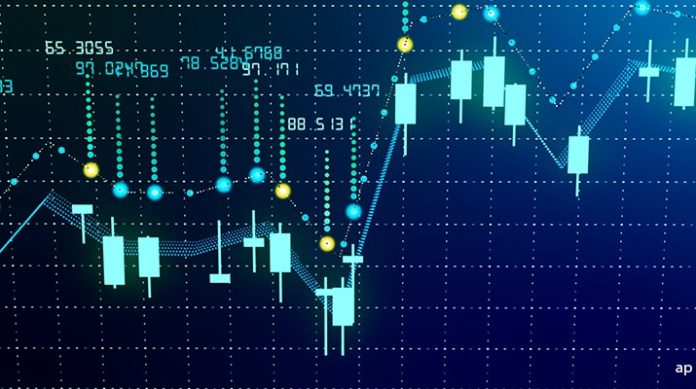Exchange-traded funds (ETFs) are a type of investment fund that can be traded on the stock market. ETFs allow investors to gain exposure to different asset classes in a more cost-effective, liquid, and transparent way than traditional mutual funds. Investing in ETFs offers investors the potential to diversify their portfolios and gain exposure to new asset classes. Trading ETFs on the UK stock market is relatively straightforward, but several steps need careful consideration to get the most out of your investments. This article will discuss how trading ETFs on the UK stock market works and what factors to consider when investing in ETFs.
Choose an exchange
The first step to ETF trading is choosing a suitable exchange. In the UK, ETFs can be traded on the London Stock Exchange (LSE) and AIM (Alternative Investment Market). The LSE has more ETF products than AIM, so it might be worth considering this exchange if you want a broader range of ETFs.
In addition to ETFs, some of the largest companies in the world are listed on the LSE, meaning investors have access to a much larger pool of stocks and funds when compared with AIM. On the other hand, AIM offers ETF traders lower fees, which may benefit those looking to minimise their costs.
Research ETFs
The next step is to research ETFs. ETFs have various features and differentiating factors, so you must familiarise yourself with the ETF products available on the chosen exchange before making any investments. ETFs can track indices such as those provided by FTSE, MSCI and S&P Global, or they can be actively managed funds which rely on fund managers for returns. ETFs are also categorised by asset classes such as equities (stocks), bonds, commodities and even cryptocurrencies.
When researching ETFs, it is crucial to consider the fees associated with trading ETFs on the chosen exchange. It may be worth looking into any discounts brokers offer, as ETF fees can significantly impact returns. Additionally, ETFs may have certain restrictions, such as minimum ETF investment amounts or holding periods.
Understand ETF pricing
The next step is to understand ETF pricing. ETFs are priced differently from stocks, so knowing what to expect when trading ETFs is essential. ETF prices depend on supply and demand, and ETFs typically trade at a slight premium or discount to the underlying assets they track. Therefore, investors must know how ETFs are priced before buying or selling them.
ETF spreads also need to be considered when trading ETFs. A spread is a difference between the buying and selling prices of ETFs. ETF spreads impact returns directly, so understanding ETF pricing beforehand is essential to maximise potential profits.
Select an ETF
Once you’ve researched ETFs and understand ETF pricing, it’s time to select the right ETF for your portfolio. When selecting ETFs, investors should consider their goals, objectives, and risk appetite. Additionally, ETFs may be sector-specific or diversified across different asset classes. Selecting an ETF that meets your investment requirements, whether you are looking for income or capital growth, is essential.
When deciding which ETF to invest in, you must also consider the liquidity of the ETF. ETFs with high liquidity generally trade at narrower spreads than those with low liquidity, so investing in more frequently traded ETFs may be beneficial.
Choose a trading platform
The final step when trading ETFs is selecting a suitable trading platform. ETFs can be bought and sold through brokers or online platforms such as Hargreaves Lansdown, AJ Bell, and IG. It’s essential to compare different platforms before deciding which suits your investment needs best. Some platforms offer lower fees, while others provide access to a broader range of ETF products.
When choosing an ETF trading platform, investors must pay attention to the features offered by each platform. Online ETF platforms provide market and portfolio insights, trading tools and analytics such as charts, price alerts, ETF screeners etc., which may benefit ETF traders.







